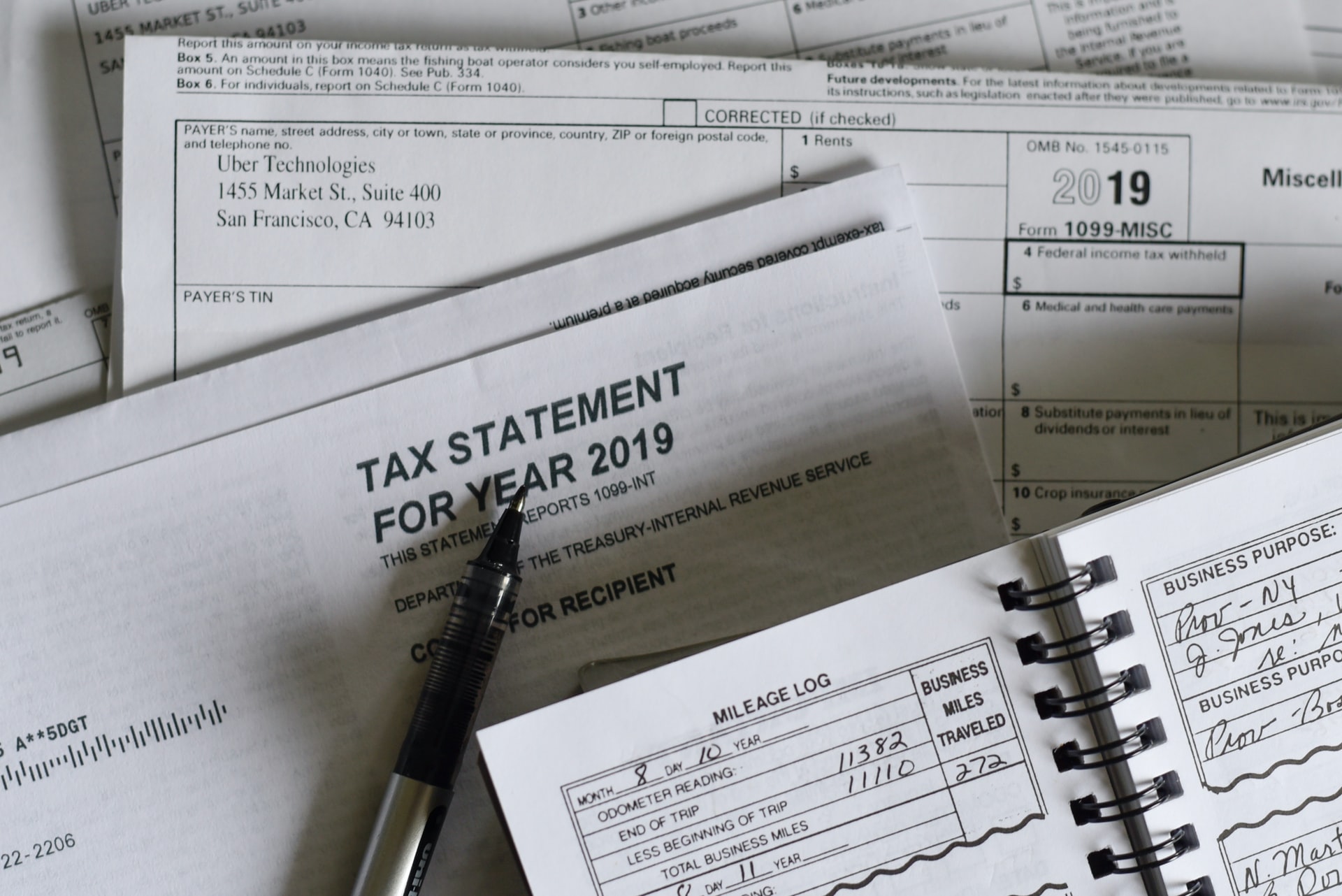Almost every country in the world levies its citizens to raise revenue for government expenses, amongst other purposes. However, you may not also like to spend a chunk of your hard-earned money on tax, as there may be different needs to meet.
Thankfully, there are some tips on how to save money on tax which is very efficient. If you’ve ever spoken with a tax attorney, you may have heard of tax advantage accounts. These types of accounts are where you can invest your money to let them grow tax-free.
In this article, we will find out five efficient tips that a tax attorney will most likely recommend to save money on tax.
#1. Tax-Advantaged Accounts
Virtually every tax attorney recommends tax-advantaged accounts as the first solution to saving money on tax. These accounts reduced your tax in two significant ways. Some of them allow you to deposit pre-tax money, which reduces your taxable income for that particular year.
The rest allow your money to grow tax-free interest, reducing the tax you will have to pay in the future. Some tax advantage accounts include:
- Retirement Accounts
- Flexible Spending Accounts
- Health Savings Accounts
- Education Savings Accounts
Retirement Accounts
Individual Retirement Accounts (IRAs)
The money you invest in a Roth IRA is pre-taxed, and you wouldn’t have to pay tax on the interest when you withdraw the money on retirement. There are several types of IRA.
Traditional IRA offers you tax-free growth on your investment and deducts your contribution from your income which lowers your tax for that year. However, during the withdrawal time, you’ll have to pay income tax based on the current tax rate. Also, you will be taxable on your deposits and interests. SEP IRAs and SIMPLE IRAs are both types of traditional IRAs.23
401(k) Plans and other Related Accounts
401(k) Plans and other employer-sponsored accounts allow you to transfer a certain amount from your paycheck into a retirement account.
Any money you deposit into a 401(k) is entirely tax-free, and each dollar you contribute lowers your total taxable earnings for the year. In a 401(k), you can also benefit from 401(k) matching, where your employer contributes to your retirement account.
403(b) plans and 457 plans are available to public school employees and particular government and non-profit employees, respectively. They also let your interests go tax-free until withdrawal.
Flexible Spending Accounts
Flexible spending accounts (FSAs) is a program that provides some tax advantages while reducing your healthcare expenses. You can enjoy as much as 30% tax savings on your total deposit to an FSA.
FSA is employer-sponsored so that you can pay for many out-of-pocket medical expenses without being taxed.
Your contributions are deducted from your paycheck before the assessment of income taxes, reducing your taxable income.
Health Savings Accounts (HSA)
HSA is another healthcare program that offers a tax relief benefit. Health Savings Account (HSA) offers savings on a pre-tax basis to pay for specific medical expenses, but you must have high-deductible health plans (HDHPs).
Your contributions in an HSA are tax-deductible, and you can withdraw money tax-free as long as it’s for eligible medical expenses.
Education Savings Accounts
Education costs are significant expenses, so some specific savings accounts help to lower your taxes.
529 Accounts
You could only save for K-12 education in this account, but post-secondary education costs are also allowed now. The 529 version offers two avenues for tax benefits.
Prepaid tuition plans let you pay now for future attendance at certain schools (locking in current tuition rates), and savings plans offer tax-free growth on investment.
#2. Improve Your Home’s Energy Efficiency
Using energy-efficient appliances in your home is another way to save money on tax because your utilities are taxed. The residential energy-efficient property credit even encourages homeowners to use energy-efficient equipment by allowing them to claim 30% of the cost of that equipment.
So, do well to keep the receipts for any efficient home appliance you install from now on.
#3. Monitor Your Investment Portfolio
If you have investments in stocks and mutual funds, keep an eye on them. You might save money on tax if you sell off some securities to offset capital gains, which is known as “tax-loss harvesting.”
But, you will need to consult a professional tax attorney before making this move. It may involve some complicated procedures.
#4. Buy Your Own Home
Owning a home is a great way to save money on taxes. As a homeowner, you can itemize mortgage interest and a percentage of your property taxes to decrease your taxable income.
Alternatively, taking a standard deduction may favor you. A tax attorney can also help you weigh the effect of these tax reduction approaches on your tax plan.
#5. Take Advantage of Every Available Tax Credit
Seize every opportunity for a tax credit to save money on tax. If you have a child, you can go for the child tax credit. There is also the working credit.
However, you must ensure that you qualify for these credits before you go for them.
Conclusion
If you are looking to save money on tax, these five tips most likely will be helpful. You can also consult a tax attorney to get professional advice on which avenue best suits you.



 Bitcoin
Bitcoin  Ethereum
Ethereum  Tether
Tether  XRP
XRP  Solana
Solana  USDC
USDC  Cardano
Cardano  TRON
TRON  Lido Staked Ether
Lido Staked Ether  Avalanche
Avalanche  Toncoin
Toncoin